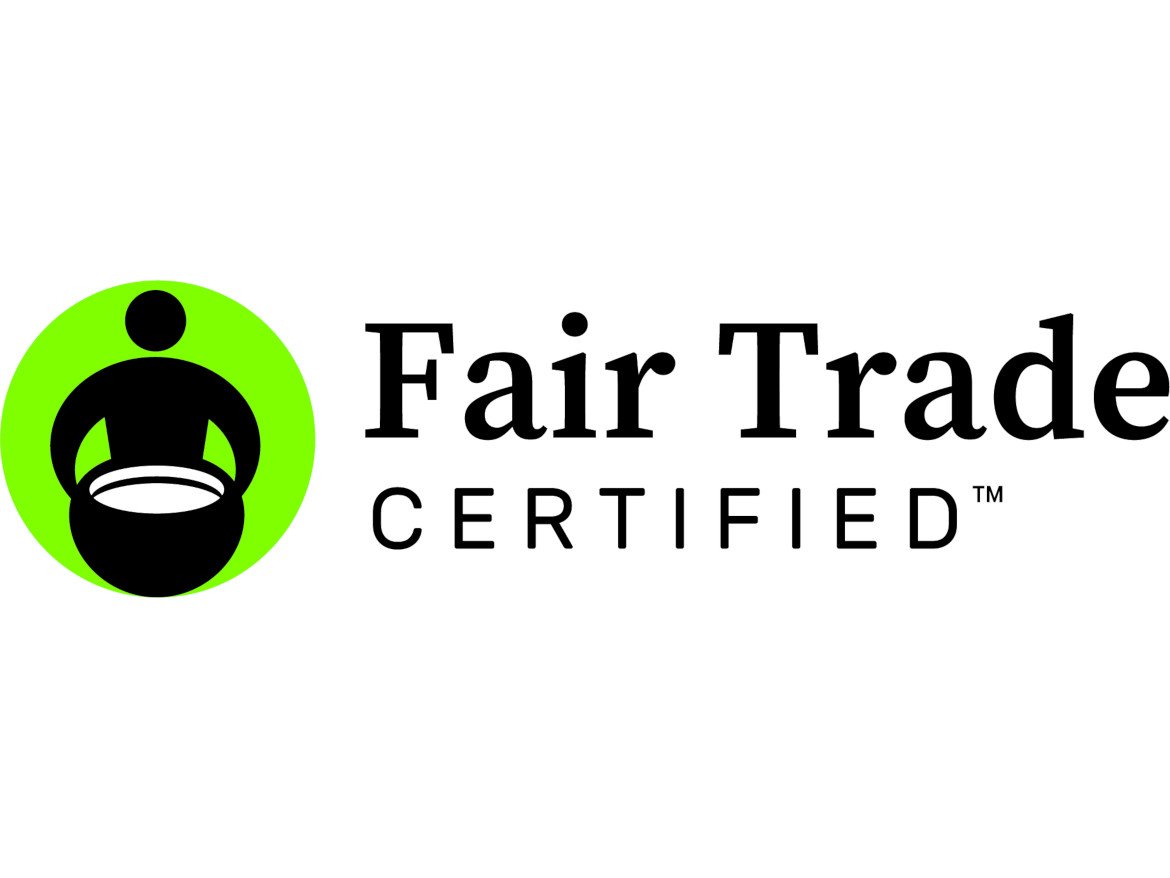
How Fair Trade Certification in International Bag Factory Supports Ethical Production
In the global fashion industry, the demand for ethical production has never been higher. Consumers are increasingly aware of the impact their purchases have on the world, driving brands to adopt more ethical and sustainable practices. One significant way to ensure ethical production is through Fair Trade certification, particularly in international bag factory.
On this article The Vendoors would explain how Fair Trade certification in international bag factory supports ethical production, benefits brands, and aligns with consumer values.

Understanding Fair Trade Certification

Fair Trade certification is a designation given to products that meet rigorous standards of social, environmental, and economic criteria. These standards are designed to promote safe working conditions, fair wages, environmental sustainability, and community development. In the context of an international bag factory, Fair Trade certification ensures that the production processes are ethical and sustainable from start to finish.
Key Benefits of Fair Trade Certification
1. Ensures Fair Wages and Good Working Conditions Fair Trade certification guarantees that workers in international bag factory receive fair wages and work in safe conditions. This includes the enforcement of reasonable working hours, the right to unionize, and protection against forced labor and child labor. By adhering to these standards, Fair Trade-certified factories help lift workers out of poverty and contribute to their overall well-being.
2. Promotes Environmental Sustainability Environmental sustainability is a core principle of Fair Trade certification. International bag factory with this certification must follow strict environmental guidelines, such as minimizing waste, reducing carbon footprints, and using sustainable materials. These practices help protect the environment and ensure that the production process does not harm the planet.
3. Enhances Brand Reputation Brands that source from Fair Trade-certified international bag factory can leverage this certification to enhance their reputation. Consumers are increasingly looking for products that align with their values, and Fair Trade certification is a strong indicator of a brand’s commitment to ethical production. This can lead to increased customer loyalty and higher sales.
4. Supports Community Development Fair Trade certification also focuses on community development. A portion of the premium paid for Fair Trade-certified products is invested back into the local community. This can fund educational programs, healthcare services, and infrastructure improvements, thereby supporting the overall development of the communities where the factories operate.
How International Bag Factory Achieve Fair Trade Certification
1. Meeting Rigorous Standards To achieve Fair Trade certification, international bag factory must meet a comprehensive set of standards. These standards cover various aspects of production, including worker rights, environmental practices, and overall business ethics. The certification process involves a thorough audit conducted by an independent organization to ensure compliance.
2. Ongoing Compliance and Monitoring Fair Trade certification is not a one-time achievement; it requires ongoing compliance and monitoring. Certified factory are regularly inspected to ensure they continue to meet Fair Trade standards. This continuous oversight helps maintain the integrity of the certification and ensures that the international bag factory remain committed to ethical production practices.
3. Training and Capacity Building International bag factory often receive training and support to help them meet and maintain Fair Trade standards. This includes education on best practices for labor rights, environmental sustainability, and efficient production methods. By building capacity within the factories, Fair Trade certification helps create a sustainable model of ethical production.
Case Study: Impact of Fair Trade Certification in an International Bag Factory
To illustrate the impact of Fair Trade certification, let’s consider a case study of an international bag factory in India. This factory produces handmade bags for a well-known global brand. Before achieving Fair Trade certification, the factory faced numerous challenges, including low wages, poor working conditions, and environmental concerns.
After committing to Fair Trade certification, the factory underwent significant changes:
- Improved Wages and Working Conditions: Workers received wage increases and benefits such as health insurance and paid leave. The factory also implemented safer working conditions and provided training on workers’ rights.
- Environmental Initiatives: The factory adopted environmentally friendly practices, including the use of recycled materials and waste reduction programs. They also installed energy-efficient equipment to lower their carbon footprint.
- Community Investment: With the premium from Fair Trade products, the factory invested in local community projects, such as building a new school and providing scholarships for children of factory workers.
The results were remarkable. The factory saw increased productivity, higher worker morale, and stronger community ties. The brand, in turn, experienced enhanced consumer trust and loyalty, demonstrating the powerful impact of Fair Trade certification.
Fair Trade certification in international bag factory is a powerful tool for promoting ethical production. It ensures fair wages and safe working conditions, promotes environmental sustainability, enhances brand reputation, and supports community development.
By understanding and leveraging the benefits of Fair Trade certification, brands can not only improve their production processes but also align with the values of their consumers. As consumer awareness and demand for ethical products continue to grow, Fair Trade certification stands out as a crucial factor in building a sustainable and respected brand in the global market.




